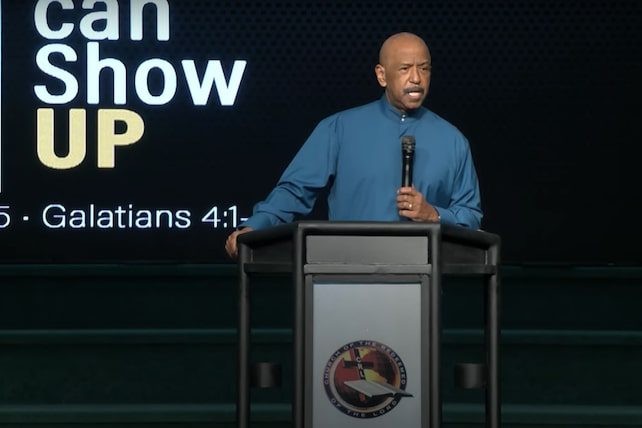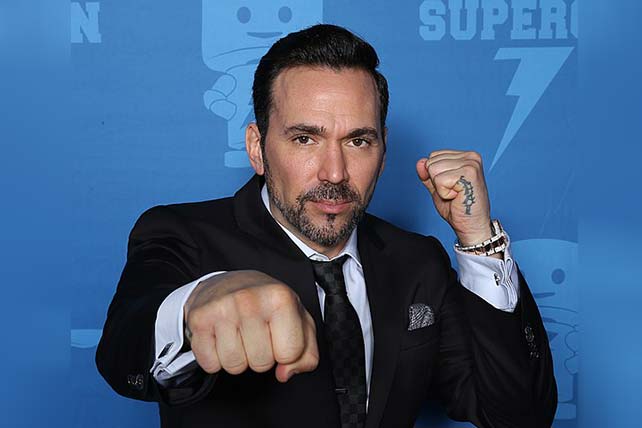Recently, NCS Services surveyed more than 8,000 churches regarding their current stewardship needs. There was an overwhelming response that to increase generosity of the individuals in their congregation was by far the most important. You won’t believe how simple it can be to accomplish!
If you have ever attended workshops for personal or professional improvement, you have probably left with at least one key idea to execute. You have also undoubtedly been able to nod your head during the presentation in affirmation of concepts with which you were already familiar, but had forgotten. This article will be no different. Sometimes, we just need someone with a different perspective to remind us of valuable precepts.
How to Increase Generosity in Your Church
Precept 1: Simplicity
I have always been a huge fan of the KISS (Keep It Simple Stupid) principle. Simplicity can never be overdone! How do you keep giving simple, you ask? First, make sure that your simplicity accommodates the needs of your entire congregation, not just a particular group. And, yes, that means that you will have to define multiple avenues for receiving donations, at least enough to address your membership group; although, you may want to address simplicity for those outside your membership as well. The giving process must be simple enough that when a person is ready to give, they have the vehicle to do so immediately and easily. That simplicity could come in the form of pew envelopes while sitting in a worship service, text giving from a pew, kiosk giving in the vestibule, QR codes on pew envelopes or bulletins while at church, or online giving while at home on the computer, etc. By all means, do not rely on just one of these methods—remember, keep it simple for everyone. One of the best ways to ensure people will do what you ask them to do is to make it easy enough to do. It’s acceptable, even biblical, that church leaders ask members to provide funding for their various ministries and operations. But, if you want to create the greatest likelihood that the request is converted into action, make it so simple that not only will they do it once, they will do it repeatedly. Pretty simple, right?
Precept 2: Promotion
Ask. Request. Petition. Pray. Church giving is, and may always be, a sensitive subject in most churches. When you consider that churches rely entirely on donations to exist, it should absolutely be a sensitive subject. Hopefully, members will already feel a sense of obligation to support their church. For those who have not yet realized their obligation, the promotion of church giving is paramount to success. Statistically, most people are followers. By definition, they are following a leader of some organization. Church members look to their leader, the pastor, and any other governing groups within the church. With that information in hand, it only makes sense that the first promotion of church giving comes from the pulpit. According to marketing principles, we know that it takes multiple communications on one topic to successfully plant the seed. And, because people respond better to different messaging formats, consider that one method is simply not enough. A sample plan of this proposed communication process would be the following:
- Pastor speaks on gift giving at least four times annually.
- Church leaders personally promote the value of the various donation methods.
- Mention it in worship bulletins or include a QR code for enhanced pew giving.
- Email blast to the membership with contribution choices included.
- Text blast to the membership with text giving directions.
- Place message boards throughout the church.
- Use direct mailings such as monthly offering envelope packages with a letter from the pastor.
Keep in mind, that this is just a sample. You should design a collection of communications and promotion efforts that will be most significant for your membership. Regardless of which methods you use, your promotion plan should include multiple styles of communication to increase the effectiveness. Recently, NCS Services released the newest Promote® feature to their customers which involved launching an email blast on behalf of the church promoting giving. The churches that took advantage of this service realized a 37% gain in giving over those that did not participate, which reflects only one of the steps listed above. Imagine how successful it could be if you utilized multiple communication venues and processes!
Precept 3: Appreciation
Webster defines appreciation as “thankful recognition”. Expressing appreciation is more difficult for some than others but historically it has demonstrated the greatest return on investment of any other gesture. And, who doesn’t love to be appreciated? Contemplate the following perspective. If you have two individuals in front of you making a request of your time, but only one of them ever expresses appreciation for the way you help them, which are you most likely to accommodate? Church members are certainly no different. In fact, that gift of appreciation typically “keeps on giving”, no pun intended. When an organization relies entirely on donations to exist, no gift is too small; and no gift is too small for the church to demonstrate gratitude. However, in order for it to be truly compelling, it can’t just be about thankfulness. Take the time to inform the contributor exactly how they helped the church with their gift. Make them aware of other ministry efforts that could benefit from their generosity, while at the same time, providing the most effortless method to donate again—right at this moment they are feeling proud for helping. Maybe even create a “good steward” award program in the church and once a month recognize the givers during a service. It’s not important to announce the amount of the gift, just that those people met the “good steward” criteria you developed for the program.
You already knew all of these precepts to increase generosity, didn’t you? But, how many of them are you actually utilizing in your church to increase generosity?
This article (from NCS Services) on how to increase generosity originally appeared here, and is used by the author’s permission.

























